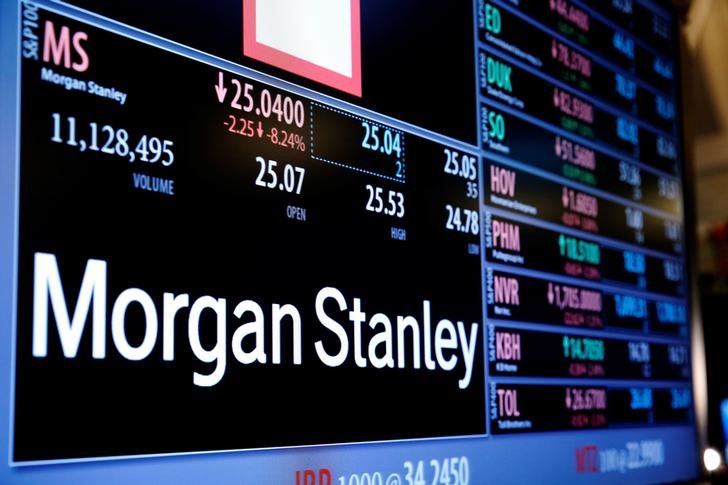Morgan Stanley has provided an analysis of the potential impact that the upcoming general elections in India may have on the country's stock market, currently valued at $3.7 trillion. The financial institution indicated that while Indian stocks typically rise before elections, there could be a significant 30% decline if the election results are unexpected.
Strategists pointed out the possibility of increased market unpredictability stemming from a "credible seat-sharing arrangement" within the opposition alliance I.N.D.I.A, headed by the Indian National Congress. This factor could play a crucial role in the dynamics of the May elections.
Despite this cautionary stance, Indian equities have demonstrated remarkable performance this year with a 7% increase, surpassing other Asian and emerging markets. This success is attributed to strong earnings and economic growth, which have drawn attention from both domestic and international investors. Adding to the investor confidence is the fact that the India VIX index, which measures anticipated stock-price volatility, has seen a 25% reduction this year, reaching a historical low.
In contrast, Goldman Sachs has recently adjusted its views on regional markets, downgrading Hong Kong-traded China stocks while expressing a more favorable outlook on India. Looking ahead, Morgan Stanley anticipates a 14% rise in India’s S&P BSE Sensex in the following year if Prime Minister Narendra Modi’s Bharatiya Janata Party secures a majority government.
Investors are advised to keep a close watch on political developments as they could lead to policy changes that may affect investment sentiment and market stability in one of Asia's largest economies.
This article was generated with the support of AI and reviewed by an editor. For more information see our T&C.
